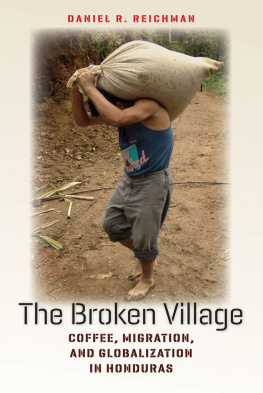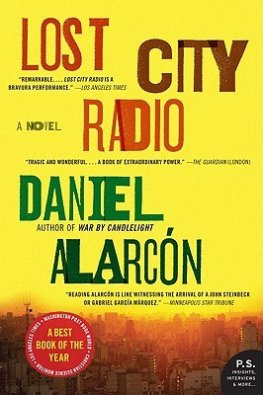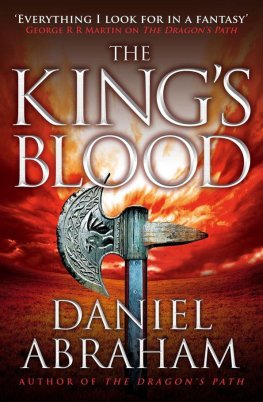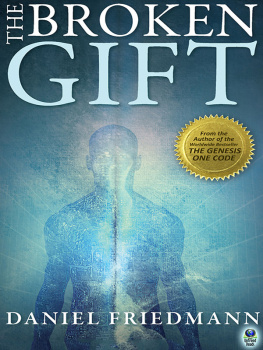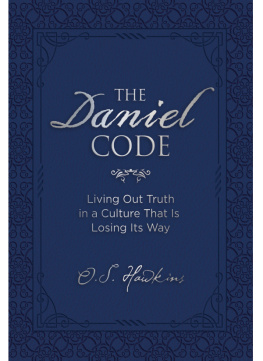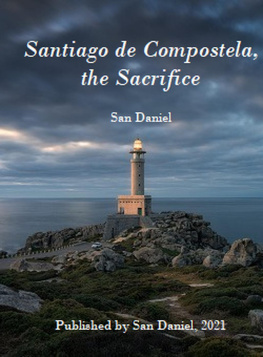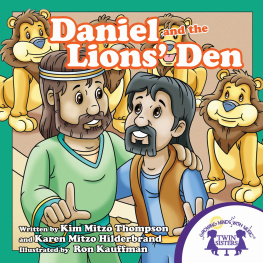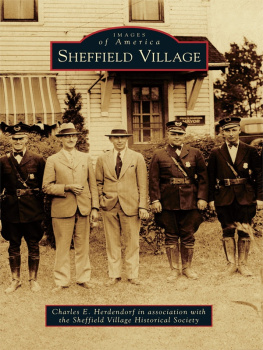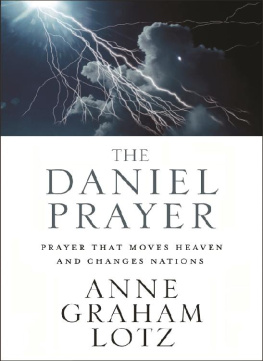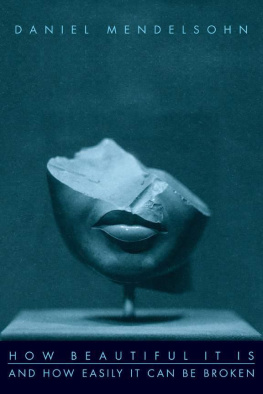The Broken Village
Coffee, Migration, and Globalization
in Honduras
Daniel R. Reichman
ILR Press
an imprint of
Cornell University Press
Ithaca and London
Contents
Figures
Acknowledgments
First, I thank the Department of Anthropology at Cornell University, where this project took shape. In particular, Terence Turner, Dominic Boyer, and Jane Fajans provided valuable advice and critical insight, and influenced the ideas in this book, knowingly or not, at every turn. Ted Bestor was an important mentor in the early stages of this research. Doreen Lee, Tyrell Haberkorn, and Marcus Watson were among many supportive friends and intellectual compatriots.
I also thank Mara Cristina Garca in the Cornell Departments of History and Latino Studies, and the directors of the Latin American Studies Program for their guidance and support. Phil Arneson, Terry Tucker, and other members of the Cornell International Agriculture Program realized the importance of this research and introduced me to Honduras as part of an interdisciplinary field trip in 2001, which remains one of the most enjoyable intellectual experiences I have ever had. A National Science Foundation Graduate Research Fellowship provided the material support to bring this project to fruition.
I owe a debt of gratitude to Michael Billig and Misty Bastian at Franklin and Marshall College, who got me started in anthropology. Their clear-eyed view of the importance of a liberal education (and steadfast resistance to intellectual fads) has shaped my own perspective on teaching and scholarship. Mario Blaser deserves thanks for introducing a startlingly immature anthropologist to real fieldwork in the Paraguayan Chaco in 1996.
At the University of Rochester, I have benefited from the support and encouragement of my colleagues in anthropology: Tony Carter, Ayala Emmett, Robert Foster, Tom Gibson, Eleana Kim, and John Osburg. Ro Ferreri always lent a hand when I needed it most. The Office of the Provost provided funds to assist in the publication of this book. Rachel Odhner served as a careful and thoughtful research assistant, thanks to a grant from the Rochester sustainability research program. Johanna Fischer ably assisted with copy editing.
Frances Benson, my editor at Cornell University Press, read the manuscript with generous enthusiasm and, with help from Katherine Liu, shepherded a novice author through the publication process with aplomb. Steve Striffler, Elizabeth Ferry, and Edward Fischer provided valuable critical insight at various points along the way.
In Honduras, I thank the Instituto Hondureo de Antropologa e Historia (IHAH) for providing institutional support and research clearance. I owe special thanks to Teresa Campos de Pastor and her staff at the Museo de Antropologa e Historia de San Pedro Sula for their generosity and kindness. In the interest of confidentiality, I sadly must refrain from thanking individuals in La Quebrada, but to my many friends and collaborators there: Gracias por todo lo que me ensearon, por su paciencia, y por su capacidad de reconocer lo bueno en cada persona y cada situacin.
Finally, I thank my family. My parents, David and Libby, always encouraged curiosity, an independent spirit, and a determined lack of pretense (key traits for any would-be anthropologist). Ted and Mary were always there to provide the right balance of support and inquisitiveness. Robert B. Neuman and the late Arlene R. Neuman helped to open my eyes to the world around me. Amy, Beatrice, and Leah have made every day a joy.
Introduction
Integration and Disintegration
This book describes how people cope with rapid social change. It tells the story of the small town of La Quebrada, Honduras, which, over a five-year period from 20012006, transformed from a relatively isolated community of small-scale coffee farmers into a hotbed of migration from Honduras to the United States and back. During this time, the everyday lives of people in La Quebrada became connected to the global economy in a manner that was far different, and far more intimate, than anything they had experienced in the past. Townspeople did not generally view this transformation as a positive step toward progress or development. They saw migration as a temporary response to economic crisis, even as it became an ever more inescapable part of their livelihood. The chapters that follow trace the effects of migration across various domains of local lifeincluding politics, religion, and family dynamicsdescribing how individuals in one community adapt to economic change.
This is not a story about an egalitarian little Eden being corrupted by the forces of capitalist modernization. La Quebradas residents have lived with social inequality, violence, political conflict, and economic instability for generations. As coffee farmers, their fortunes have long been tied to the vicissitudes of global markets. However, the social changes wrought by migration presented qualitatively new challenges, as a functioning local economy became dependent on migrants working in distant places such as Long Island and South Dakota who lived in ways that most people in La Quebrada struggled to comprehend or explain. The new reality of migration created a sense of confusion that was especially strong in the early stages of La Quebradas migration boom, when communication between villagers and migrants was rare. The decline of coffee markets and the rise of the migration economy happened so quickly and chaotically that people struggled to understand, evaluate, and give meaning to the changes they were experiencing. Therefore, migration was experienced as sociocultural disintegration in 20032005, when the bulk of the research for this study was conducted.
People sensed that their lives were becoming determined by faraway, disconnected others and governed by forces of which they were conscious but did not fully understand. In this sense, the collective processes of sociocultural integration that came to be known as globalization in Western academic and popular discourse were experienced but not fully recognized or articulated through a defined cultural or symbolic narrative. La Quebradas encounter with the global created a profound sense of alienation, as people felt they were taking part in a system that they had no way of adequately comprehending, let alone controlling.
The systems of knowledge and belief through which they understood the world were rooted in a way of life that was being transformed by back-and-forth circuits of international migration. People who had been social nobodies, including petty criminals, manual laborers, and uneducated teenagers, returned from years working in the United States magically transformed into the nouveau riche. At the same time, historically successful coffee-growing families and local political elites floundered in a struggling economy, while a new group of eliteslinked to the migration businessrose in power and wealth, if not social status (a key distinction to which I will return in chapter 2). Some individuals who migrated to the United States were able to find work, amass savings, and return to Honduras triumphantly, while many others were deported or struggled to find steady work in the hostile, dangerous, and unfamiliar environments they encountered.
Young Hondurans who returned from the United States talked about jobs that were completely alien to the lifestyles of people in La Quebradashoveling snow, washing windows in giant skyscrapers, and preparing salads in exclusive suburban country clubs. Returned migrants built homes that were replicas of houses they had helped to build in the suburbs of Colorado and New Jersey, bringing back with them new material markers of success such as Jacuzzis, backyard swing-sets, and elaborate barbeque grills. These changes occurred in a place marked by widespread poverty, where the vast majority of the population did not have access to electricity, running water, or basic social services and relied on seasonal coffee production to meet their basic economic needs. There seemed to be no ordering logic to this new way of life.

